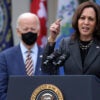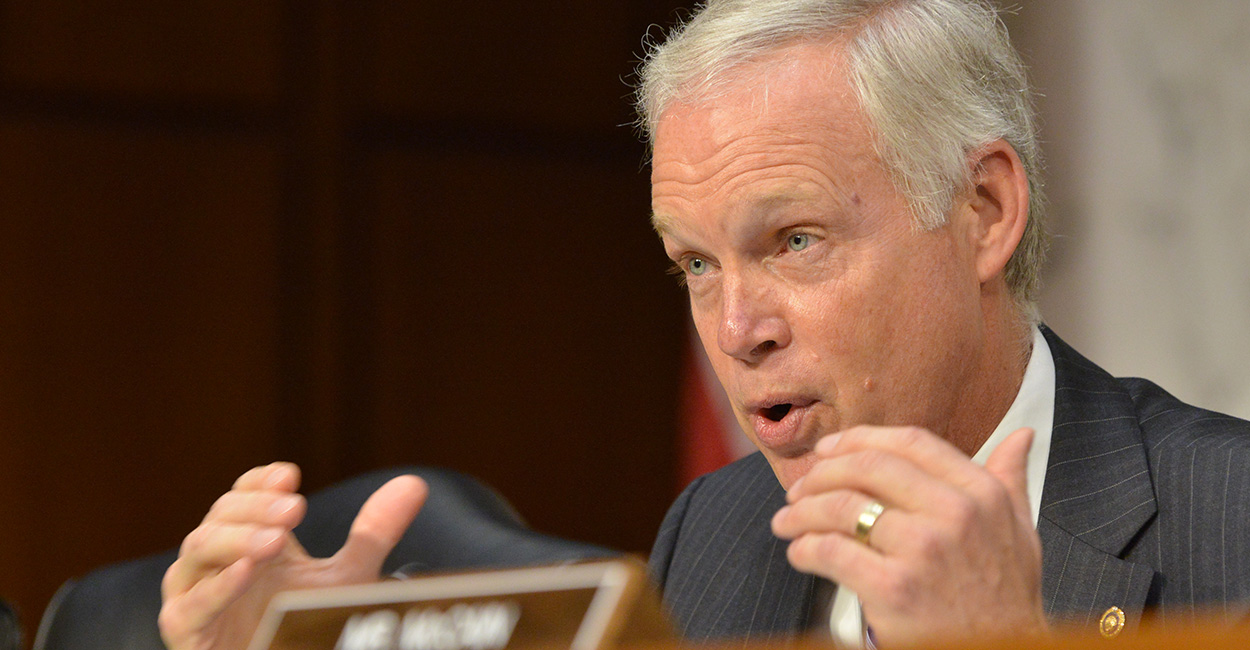It has been 2,292 days since the Department of Interior has had a permanent inspector general in place to serve as a watchdog over the agency. But the Interior Department is not alone; the inspector general position is vacant in seven other agencies as well.
Sen. Ron Johnson, R-Wis., chairman of the Senate Homeland Security and Governmental Affairs Committee, held a hearing recently to address “why this White House, who claimed to wanting to be the most transparent administration in history, has taken so long to fill so many positions of inspectors general.”
Some 33 federal agencies are required by law to have presidentially appointed inspectors general to identify wasteful practices and general government misconduct. But, according to the Project on Governmental Oversight, the Obama administration has left these positions open for, on average, 613 days, which is hundreds of days longer than even President Clinton, who was second with 453 days.
Johnson said having acting inspectors general in these roles is not the same as those who confirmed by the Senate.
“When IG positions remain unfilled, their offices are run by acting IGs who, no matter how qualified or well-intentioned, are not granted the same protections afforded to Senate-confirmed IGs,” Johnson said. “They are not truly independent, as they can be removed by the agency at any time; they are only temporary and do not drive office policy, and they are at greater risk of compromising their work to appease the agency or the president.”
The Department of Veterans Affairs has been operating with a temporary inspector general since December 2013. The Department of Interior has been without a permanent inspector general for more than six years.
But there is another problem with the acting inspectors general: They are not supposed to serve in that capacity for more than 210 days. But seven of the eight people current serving in those roles will have been in for more than a year by the end of this month.
According to the testimony of Michael Horowitz, the inspector general for the Department of Justice, this requirement leaves the agency vulnerable.
“What has happened is the acting IGs, which are often the deputy inspectors general, simply fall back to be the deputy inspectors general, and there is no acting and there is no confirmed IG,” Horowitz said.
The Obama administration’s slowness in appointing inspectors general weakens the accountability of federal agencies and dilutes governmental transparency for the American people, Johnson said.
“The need for permanent IGs is a bipartisan issue,” Johnson said.




























